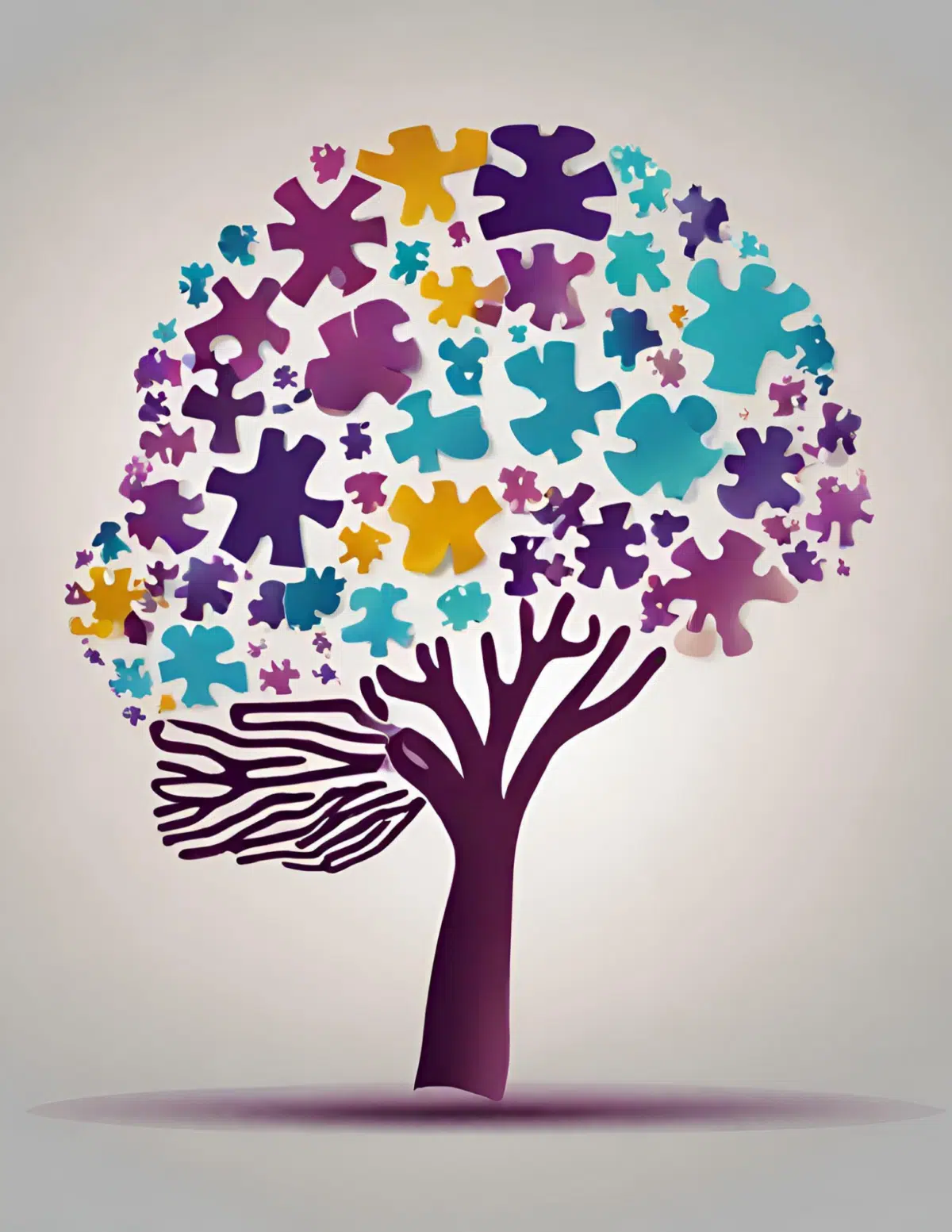It’s never too early or too late to take action to reduce the likelihood of developing dementia.

Guest post by Dr. Suzanne Gazda
You probably know someone who has Alzheimer’s disease. More than 55 million people around the world are living with dementia at this very moment. Every three seconds, someone else develops the disease.
Alzheimer’s is a devastating neurodegenerative condition. It is a growing global health crisis with profound implications for individuals, their families, and society at large.
September 21, 2023 is World Alzheimer’s Day, a day on which to recognize this life-stealing epidemic that claims more lives than breast cancer and prostate cancer combined: 1 in 3 seniors dies with Alzheimer’s or another form of dementia. Let’s take a moment today to remember them.
Alzheimer’s Disease International estimates that the number of people living with dementia will almost triple by 2050 – to 139 million. There is a looming question, as well, about the effect that COVID and its countermeasures will have on rising Alzheimer’s cases. As I wrote a year ago, data show that up to 70% of patients with long COVID and post-vaccine syndrome/“long vax” show signs of cognitive impairment.
Dementia is not inevitable
A majority of people, almost 80%, worry about developing dementia and 1 in 4 people think there is nothing we can do to prevent it. Even most healthcare professionals – 62% globally – wrongly think that dementia is part of normal aging.
It’s not.
The truth is, it is never too early or too late to be proactive about taking steps to reduce the risk of dementia. This starts by understanding and then avoiding risk factors such as head injury, stress, environmental toxins, excessive alcohol consumption, smoking, overweight and obesity, physical inactivity, and infrequent social contact.
Without going into all the details, another risk reduction technique would be to avoid spike protein — whether by COVID infection or injection. The FLCCC has prevention and treatment strategies to stop infection, treat COVID illness, and to clear the body of spike protein.
Dr. Mobeen Syed, Dr. Paul Marik, and I will discuss the impacts of intermittent fasting on Alzheimer’s disease and other things we all should be doing to optimize brain health in an upcoming FLCCC Weekly Webinar on Wednesday, September 27. Register here to join that discussion: https://geni.us/register-for-webinars






